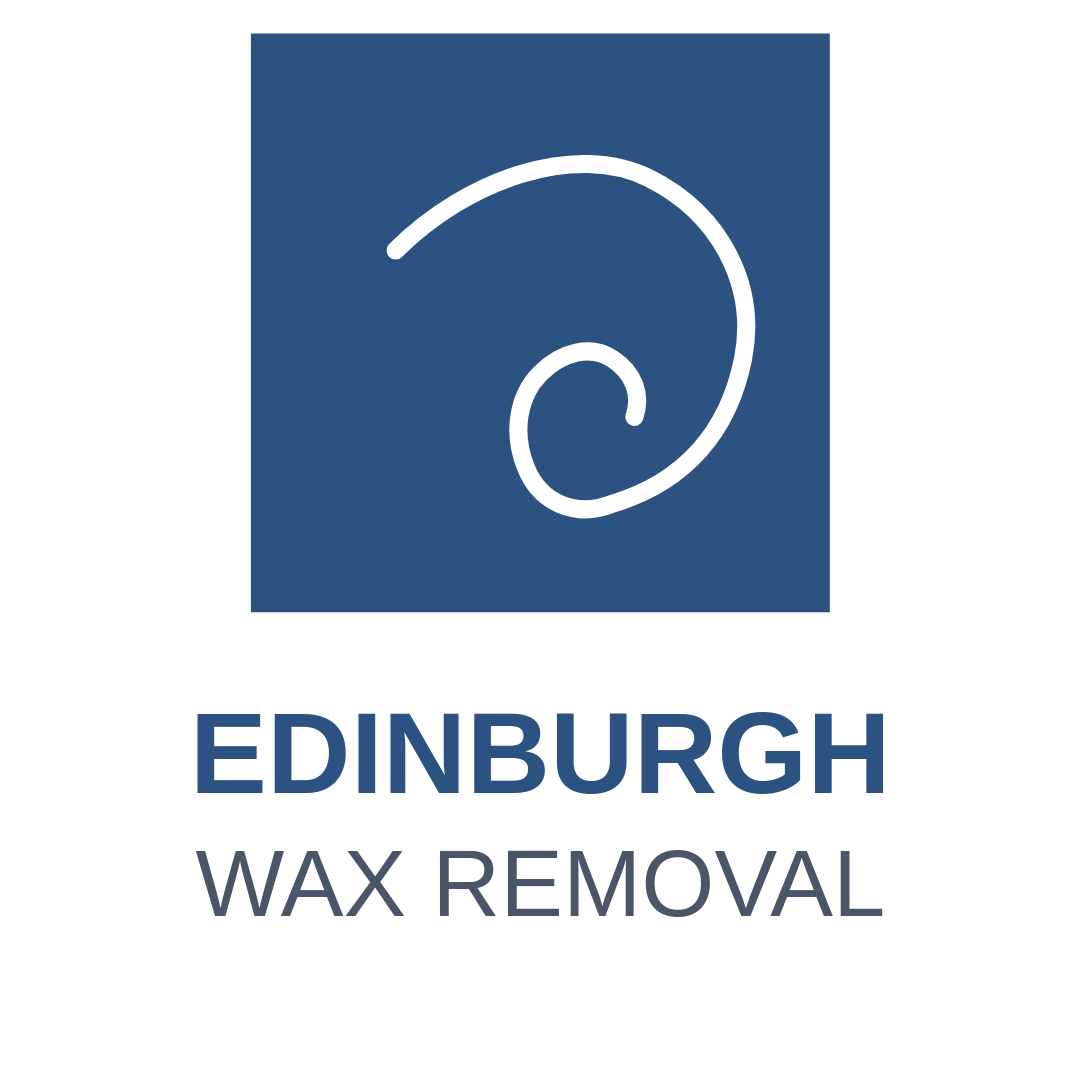
Living with blocked ears can significantly impact your daily life, from difficulty hearing to discomfort and dizziness. While it might be tempting to reach for cotton buds or try home remedies, professional ear wax removal is often the safest and most effective solution. Here’s how to find the right specialist for your needs.
Understanding Your Options
In Edinburgh, ear wax removal services are available through several channels:
- NHS GP practices (though this service is increasingly limited)
- NHS Community Treatment and Care Services
- Private audiologists
- ENT specialists
- Specially trained nurses
Key Qualifications to Look For
According to the British Society of Audiology’s recommended procedures, practitioners should hold relevant qualifications in ear wax removal. These typically include:
- Basic medical or nursing qualification
- Specific training in microsuction or irrigation techniques
- Regular updates to maintain competency
- Professional registration with relevant bodies like the HCPC (Health and Care Professions Council) or NMC (Nursing and Midwifery Council)
Microsuction
Microsuction is considered the gold standard by many professionals, this method uses gentle suction to remove wax while the practitioner views the ear canal through a microscope. The British Journal of General Practice notes this method is particularly safe and effective for most patients.
Questions to Ask Before Booking
When contacting potential specialists, inquire about:
– Their specific qualifications and experience
– The methods they use and why
– What happens during the initial assessment
– Their infection control procedures
– Costs and what’s included
Red Flags to Watch For
Be cautious if a practitioner:
- Cannot clearly explain their qualifications
- Doesn’t perform a thorough examination before treatment
- Guarantees results without examination
- Uses outdated equipment or methods
- Doesn’t maintain a clean, professional environment
The Cost Factor
While NHS services may be free where available, private treatment typically ranges from £50-£100 per session. Some practitioners offer package deals for both ears. Consider this an investment in your hearing health rather than focusing solely on cost.
Signs of Quality Care
A good specialist will:
- Take a detailed medical history
- Examine your ears before treatment
- Explain the procedure and any risks
- Use appropriate protective equipment
- Provide clear aftercare instructions
- Offer follow-up support if needed
Making Your Decision
Choose a specialist who:
- Makes you feel comfortable and heard
- Has a professional yet approachable manner
- Is transparent about their methods and costs
- Has appropriate emergency procedures in place
- Maintains clean, well-equipped premises
Remember that your ear health is crucial – taking time to find the right specialist is worth the effort. If you’re unsure about any aspect of the service or practitioner, seek a second opinion or consult your GP.
This guidance is based on current best practices in the UK healthcare system. Always consult healthcare professionals for advice specific to your situation, particularly if you have pre-existing ear conditions or have had previous ear surgery.



